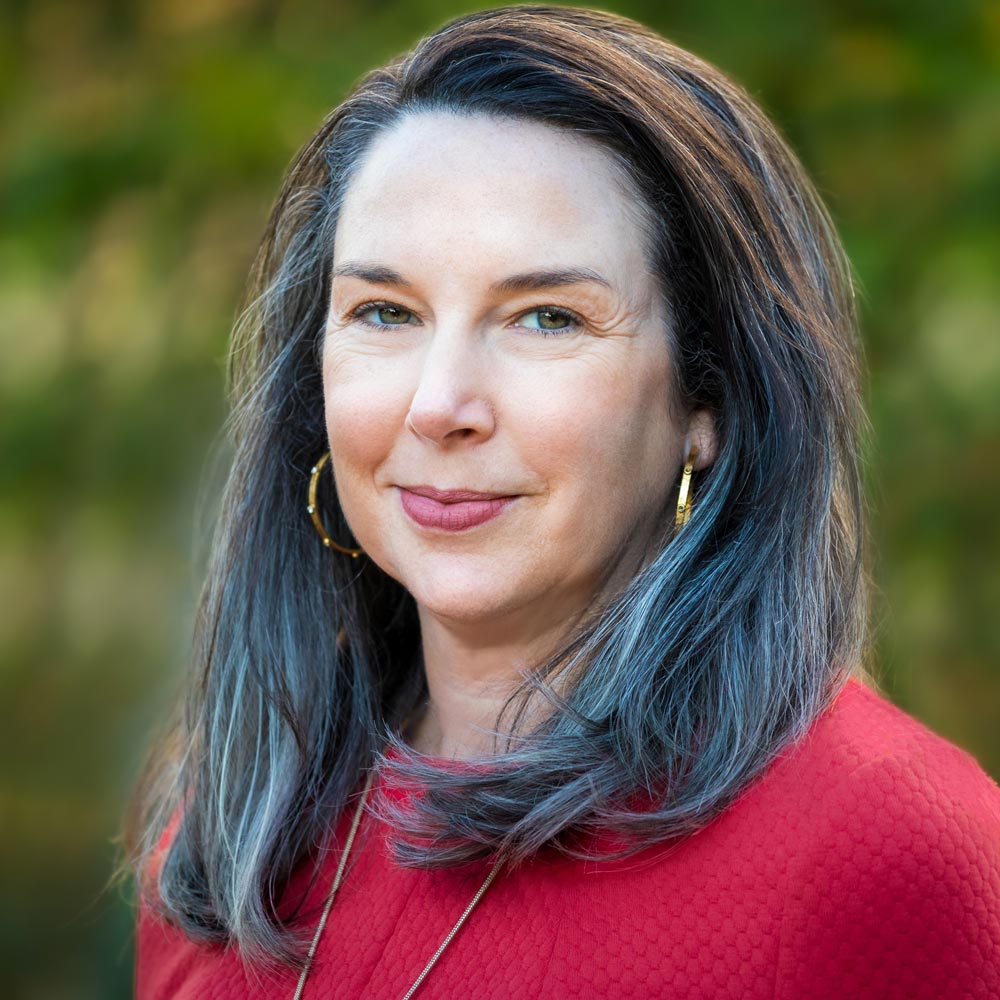Unanswered emails piling up? Projects stalling out due to you? Staff giving you frustrated looks? Did a board member just ask you a question that you couldn’t answer? While a lot of leaders might hunt for a solution in some AI app or podcast, thoughtful leaders will try this innovative hack: they’ll ask for help.
Many people still think that good leaders are all-knowing Yodas, but in the real world, no one person has all the time and skill to do everything within an organization. True leaders know their limits and ask for help.
New leaders often have the most trouble with this. They’re freshly promoted from a position where they were much more hands-on and judged mainly by the quality of their own work. They feel pressure to get everything right. But the reality is that leaders aren’t hired to “do,” they’re hired to think strategically and manage. Sure, sometimes leaders get pulled into the weeds, but their biggest value is when they’re free to take a big picture view.
So when is the right time to ask for help? I gave a few examples in my opening, but in general your clues fall into two areas. The first indicator is when you have reached the limit of time optimization, prioritization and exceptional productivity. When there is simply not one more minute you can ring out of your work day. Another indicator can be from your team – are your direct reports nagging you about something you have not responded to or done. Is your team noticeably losing initiative, getting frustrated, or giving you direct feedback that you’re holding too tightly to the work.
I invite leaders who aren’t used to asking for help to do small experiments to raise their comfort level. Ask a trusted colleague to do something small, then build on that. Ask for feedback on how you did with asking for help. Ask what you could have done differently.
In one of my first leadership roles, I was charged with with four important goals. Within months I had a handle on three of them, but had made no progress on the fourth. It languished because frankly, I didn’t know exactly how to approach it, let alone achieve this goal, and I couldn’t admit that to myself.
Finally, a mentor came to me and suggested that I pull together a small group of our trusted colleagues for a brainstorming session. And it worked. We quickly arrived at a strategy and were off to the races. Three lessons came out of that experience for me: Know when you’re stuck, find trusted colleagues with fresh ideas, and most important for me, understand that the outcome is usually WAY better with the help of others.
The thing about asking for help is that it’s not just a solution for you as a leader. It’s a vitamin that will spread empowerment, experience, and expertise throughout your organization. When you don’t ask for help, you limit your organization to the solutions in your own brain. And you will never discover the truly transcendent ideas hiding throughout your organization if you never ask for help.
#leadershipdevelopment #SmallLeadershipExeriments #LeadershipVitamins

